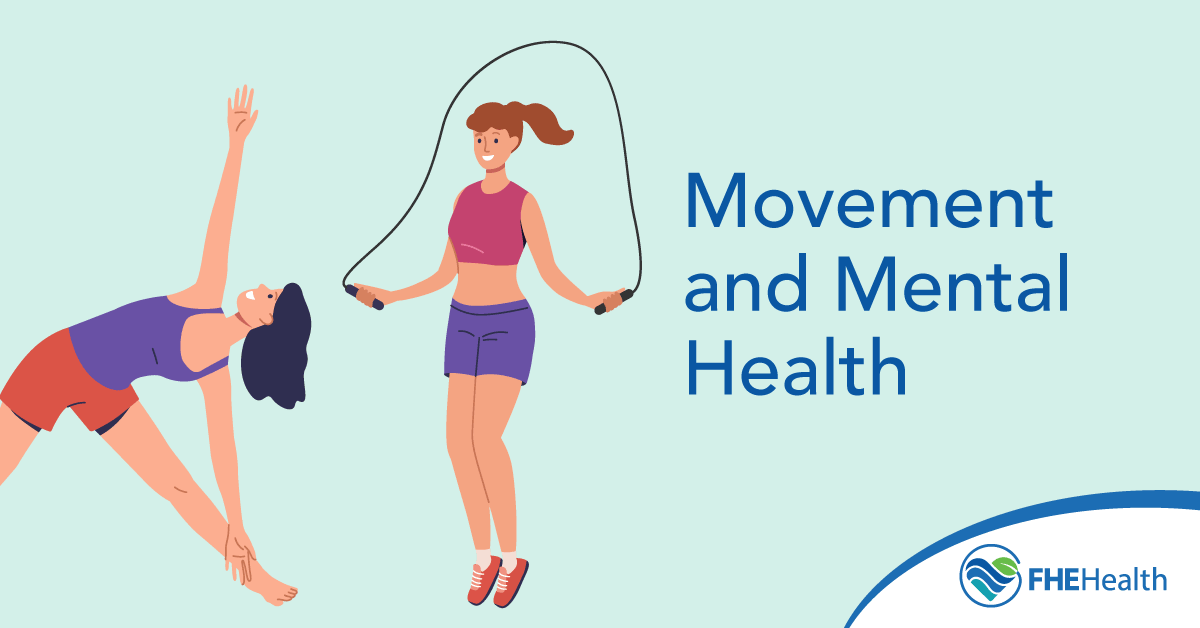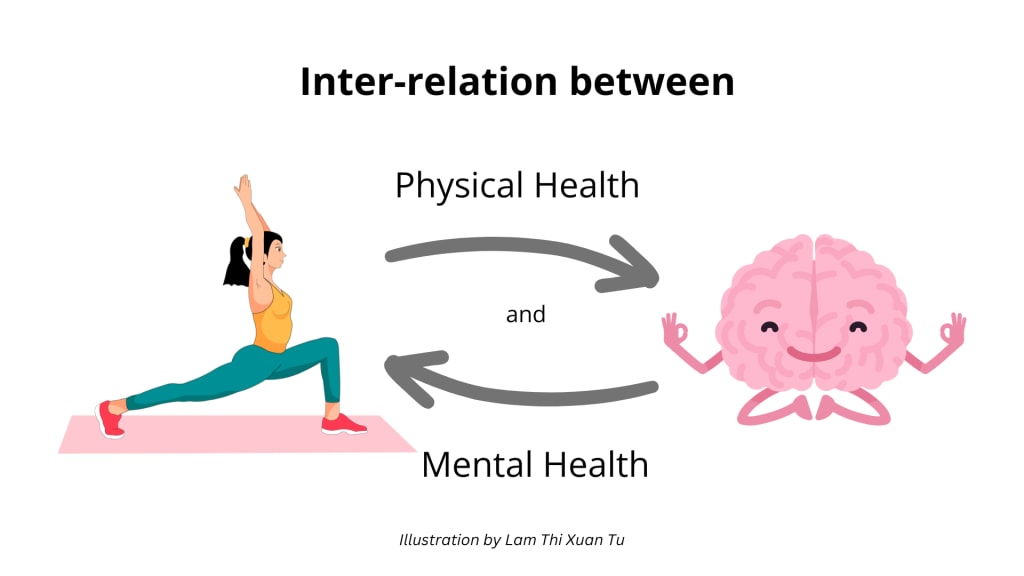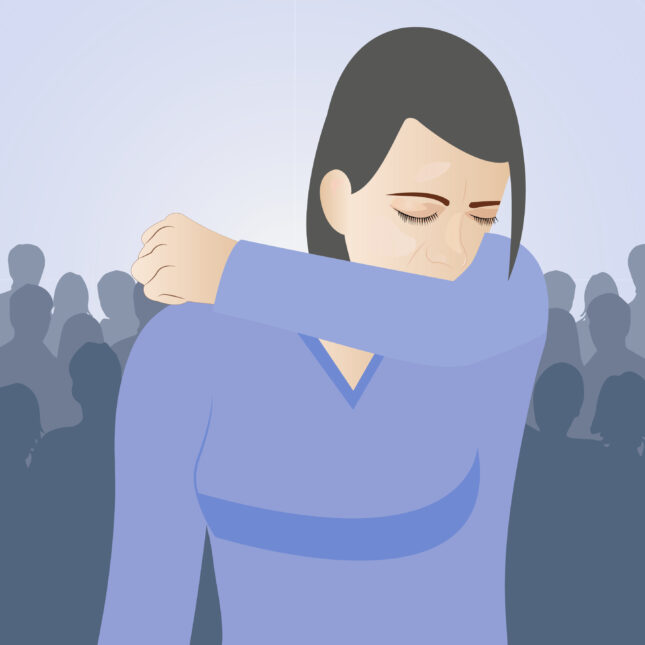Why does Exercise Matter for Mental Health?
In today’s fast-paced world, more people are struggling with stress, anxiety, and depression. But one of the simplest, most natural solutions is often underestimated: physical exercise. Exercise does more than strengthen your body—it directly impacts your mental wellbeing, reducing stress, boosting mood, and sharpening focus.
The Science Behind Exercise and Mental Wellbeing
When you move your body, your brain reacts positively. Exercise stimulates the release of:
Endorphins which are natural chemicals that fight stress and create a “feel-good” sensation.
Serotonin and Dopamine – neurotransmitters that regulate happiness, motivation, and emotional balance.
BDNF (Brain-Derived Neurotrophic Factor) – a key protein that protects brain cells and improves learning and memory.
This is why exercise is increasingly recommended by doctors as a natural treatment for anxiety, depression, and mental fatigue.
Exercise as a Natural Stress Reliever
High levels of stress release cortisol, a hormone that harms both body and mind. Regular physical activity reduces cortisol levels while promoting relaxation. Whether it’s jogging, swimming, or yoga, exercise creates a mental “reset button” that improves resilience and emotional control.
EXERCISE FOR ANXIETY AND DEPRESSION RELIEF
Studies show that regular workouts can be as effective as antidepressants for mild to moderate depression. Activities like running, cycling, or swimming promote a meditative flow state, calming intrusive thoughts. Team sports and group workouts also fight loneliness by encouraging social interaction—a key factor in good mental health.
Boosting Confidence and Self-Esteem Through Fitness

Physical exercise improves not only how your body looks, but also how you feel about yourself. Reaching fitness goals, no matter how small, builds self-confidence and a sense of accomplishment. This improved self-esteem directly supports overall mental wellbeing.
THE LINK BETWEEN EXERCISE, SLEEP, AND MENTAL HEALTH

Struggling with insomnia or restless nights? Regular exercise helps regulate your sleep cycle, ensuring deeper rest. Better sleep strengthens the brain, improves concentration, and stabilizes emotions—reducing the risk of mental health struggles.
Social and Emotional Benefits of Exercise
Exercise can be a social activity. Joining a gym, running club, or dance class builds a sense of belonging and community. For those who prefer solo activities, walking or running in nature provides emotional clarity and peace of mind.
Best Types of Exercise for Mental Wellbeing
Not all exercises impact mental health in the same way. Here’s how different activities benefit the mind:
Aerobic Exercise (running, cycling, swimming): Elevates mood and energy.

Strength Training: Builds resilience, discipline, and confidence.

Yoga and Pilates: Reduces stress, promotes mindfulness, and encourages relaxation.
Team Sports: Boost social connections and teamwork skills.

Walking or Hiking in Nature: Combines physical activity with nature therapy.

Practical Tips for Exercising for Mental Health
Start with 20–30 minutes of moderate exercise daily.
Choose activities you actually enjoy to stay consistent.
Mix cardio, strength, and relaxation-based workouts.
Avoid overtraining to prevent burnout.
Pair exercise with good nutrition, hydration, and mindfulness practices.

Conclusion: Move Your Body, Heal Your Mind
The connection between physical exercise and mental wellbeing is undeniable. From reducing stress and anxiety to improving sleep, confidence, and happiness, exercise is a natural, accessible tool for mental health.
So, the next time you’re feeling overwhelmed, remember—sometimes the best therapy is a brisk walk, a workout session, or a simple stretch. Your body and mind will thank you.

share with

Mesha M. Founder
"Explore a world of inspiration and empowerment at RealtimeArticles. Dive into our curated articles for insights, reflection, and shared growth. Join our community on a journey of discovery and evolution!"





Comments
Coming Soon!
POST YOUR COMMENTS